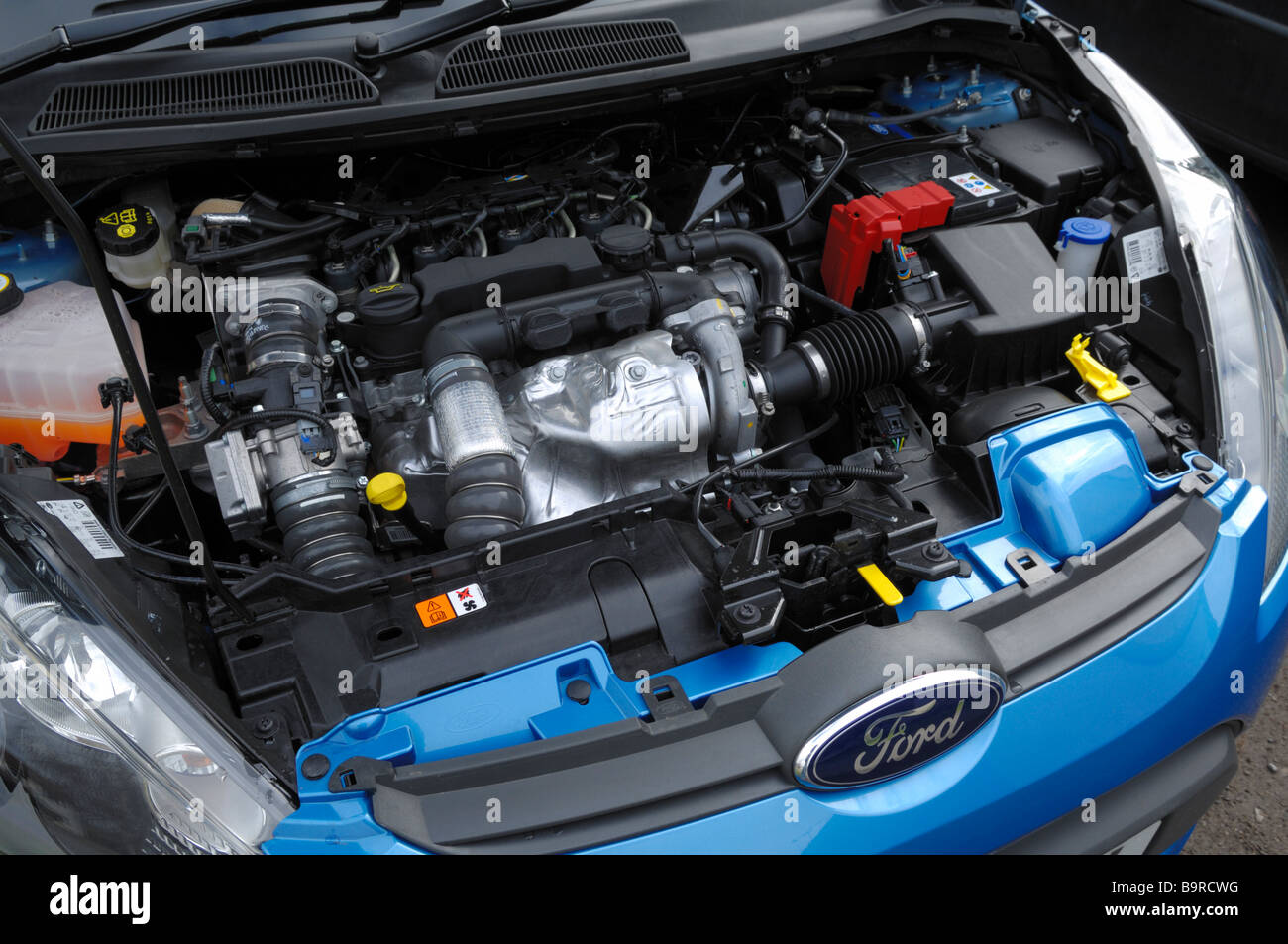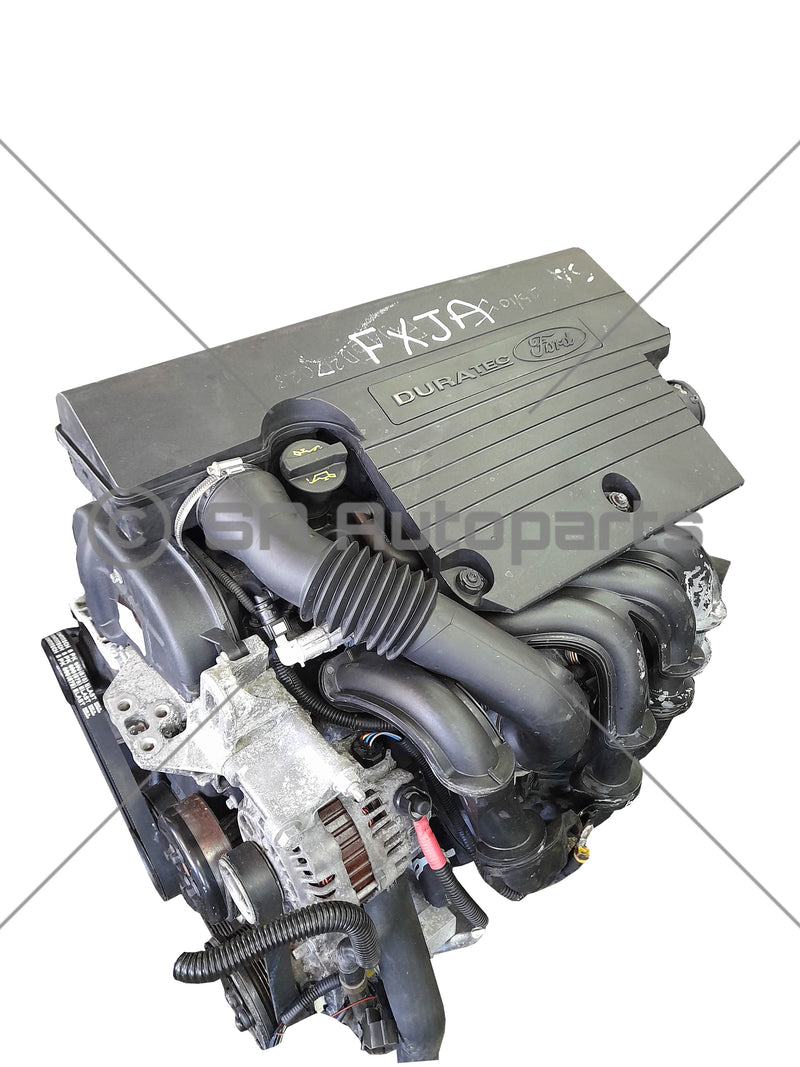Top Ford Fiesta Engine Repairs to Avoid Costly Damage
Top Ford Fiesta Engine Repairs to Avoid Costly Damage
Blog Article
The Future of Engines: Developments Driving Sustainable Power Solutions
As the automobile market navigates the necessary change in the direction of sustainability, the future of engines is increasingly defined by groundbreaking technologies. Electric engine advancements, together with appealing developments in hydrogen gas cells and biofuels, are reshaping the landscape of power services.
Electric Engine Advancement
The advancement of electric engine growths represents a critical shift in the automobile and aerospace industries, driven by the urgent need for lasting options to nonrenewable fuel sources. This change is defined by substantial improvements in battery modern technology, power electronics, and electric motor design, which jointly improve the performance and performance of electric engines.
Recent technologies have caused the development of lighter, much more energy-dense batteries, such as lithium-silicon and solid-state batteries, which assure longer arrays and much shorter charging times. In addition, enhancements in electrical motor effectiveness, such as the use of long-term magnets and advanced cooling down systems, enable electrical engines to run efficiently under differing conditions. These enhancements not only improve car performance but likewise add to a decrease in overall energy usage.
Furthermore, the integration of sophisticated software program formulas has actually optimized energy monitoring in electrical vehicles, enabling regenerative stopping and predictive billing strategies. As suppliers progressively welcome electric propulsion, the automobile and aerospace sectors are observing a paradigm change in the direction of greener innovations. This advancement not just fulfills regulative demands but additionally aligns with customer preferences for eco-friendly transport services, solidifying electric engines as a cornerstone of future lasting movement.
Improvements in Biofuels
As the aerospace and auto sectors increasingly prioritize lasting power sources, improvements in biofuels arise as a corresponding remedy to electric engines. Biofuels, derived from natural materials such as crops, waste, and algae, offer an ingenious method for lowering greenhouse gas emissions and dependence on nonrenewable fuel sources.
Current research study has concentrated on enhancing the efficiency and sustainability of biofuel manufacturing. Second-generation biofuels use non-food feedstocks, decreasing competition with food supply and reducing environmental influence. Additionally, innovations in artificial biology have actually allowed the design of bacteria to generate biofuels better, resulting in higher returns and lower production costs.
Additionally, the development of drop-in biofuels allows for smooth integration right into existing framework, making it possible for a smoother shift for sectors typically based on nonrenewable fuel sources. ford fiesta engine. These gas can be made use of in existing engines without modifications, promoting their adoption throughout various fields
Investments in biofuel technology, in addition to encouraging policies, are necessary to drive development and scalability. As the international area seeks to fight climate modification, biofuels provide a practical, instant option that lines up with the overarching objective of sustainability in transport and aeronautics.
Hydrogen Fuel Cell Innovation
A growing number of researchers and firms are discovering hydrogen gas cell modern technology as a feasible choice to traditional source of power in transportation and energy systems. This innovation converts chemical energy from hydrogen into electricity through an electrochemical reaction, with water as the only result, making it an eco-friendly option.
The core of hydrogen gas cells is the gas cell pile, where hydrogen molecules are split right into protons and electrons. The flow of electrons produces power, while protons move with a membrane to integrate with oxygen from the air, developing water. This procedure results in high performance and reduced emissions, positioning hydrogen fuel cells as an essential player in the transition to sustainable power.
Substantial innovations have actually been made in enhancing the durability and effectiveness of fuel cells, alongside minimizing costs with ingenious production techniques. The advancement of hydrogen production methods, such as electrolysis powered by renewable energy resources, boosts the sustainability of the general system. As framework for hydrogen refueling expands and production approaches end up being much more reliable, hydrogen fuel cell technology holds great pledge for decarbonizing different visit our website industries, including durable transportation and stationary power generation.
Crossbreed Solutions and Their Impact
Hybrid systems stand for a considerable evolution in sustainable engine technology, combining conventional interior burning engines with electric propulsion to maximize power performance and minimize exhausts (ford fiesta engine). This twin approach permits lorries to utilize both source of power, allowing greater versatility in energy usage and reducing dependence on fossil fuels

Along with environmental advantages, hybrid systems supply consumers a practical shift in the direction of completely electric vehicles. They relieve variety anxiety by integrating the benefit of gasoline with the benefits of electrical propulsion, making them an appealing choice for a wider target market. As producers buy hybrid modern technology, the growth of advanced battery systems and light-weight products proceeds to improve efficiency. Generally, hybrid systems represent a crucial action in the direction of accomplishing sustainable transport and dealing with the urgent demand for environmentally pleasant power options.
The Function of AI in Engine Design
Leveraging sophisticated formulas and artificial intelligence methods, the automotive industry is progressively incorporating fabricated intelligence (AI) right into engine style procedures. AI enhances the efficiency and performance of style by assessing large datasets to recognize optimum setups and performance criteria. This capability allows engineers to mimic various operating conditions and anticipate engine habits under several situations, substantially minimizing the moment and price associated with standard prototyping techniques.
In addition, AI helps with the advancement of sophisticated materials and burning processes tailored for sustainability. By maximizing gas efficiency and reducing emissions, AI-driven why not try this out designs line up with worldwide campaigns aimed at reducing the carbon impact of vehicle engines. Equipment knowing formulas can also anticipate upkeep demands, leading to boosted dependability and long life of engine components.
Additionally, AI is crucial in the combination of electrification modern technologies, such as crossbreed systems, where it can maximize battery monitoring and energy healing procedures. As the market moves towards even more lasting power remedies, the role of AI in engine design becomes significantly vital, driving development and improving the efficiency of future engines. Ultimately, the collaboration between AI and engine style declares a brand-new era of smarter, cleaner, and a lot more efficient auto modern technologies.

Conclusion
Finally, the future of engines is being formed by a merging of ingenious technologies that focus on sustainability. Electric engine developments, biofuel developments, hydrogen gas cells, and crossbreed systems jointly contribute to a substantial reduction in exhausts and environmental effect. In addition, the combination of man-made knowledge in engine style enhances performance and efficiency. These transformative services emphasize a commitment to developing a cleaner, extra lasting vehicle landscape, inevitably benefiting both culture and the setting.
Electric engine developments, along with promising developments in hydrogen gas cells and biofuels, are reshaping the landscape of power solutions. In addition, improvements in electrical motor performance, such as the usage of permanent magnets and advanced cooling down systems, allow electric engines to run effectively under varying conditions. By optimizing gas efficiency and decreasing exhausts, AI-driven layouts line up with global campaigns aimed at decreasing the carbon impact of auto engines. As the sector moves in the direction of even more lasting power services, the duty of AI in engine style comes to be significantly crucial, driving technology and enhancing the performance of future engines. Electric engine developments, biofuel growths, hydrogen gas cells, and crossbreed systems collectively add to a substantial decrease in discharges and environmental influence.
Report this page